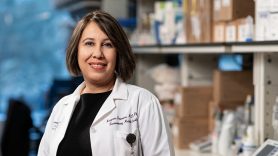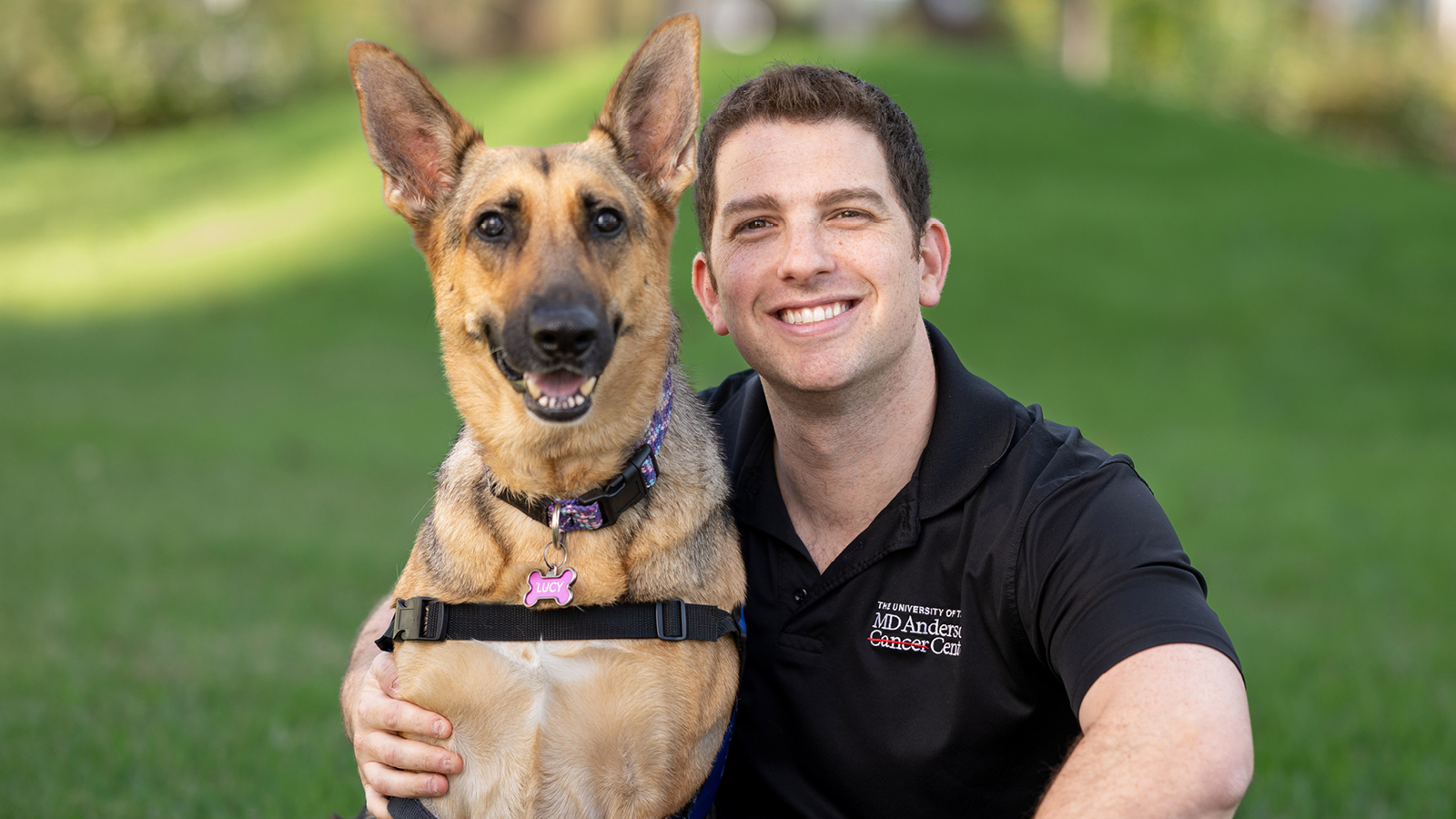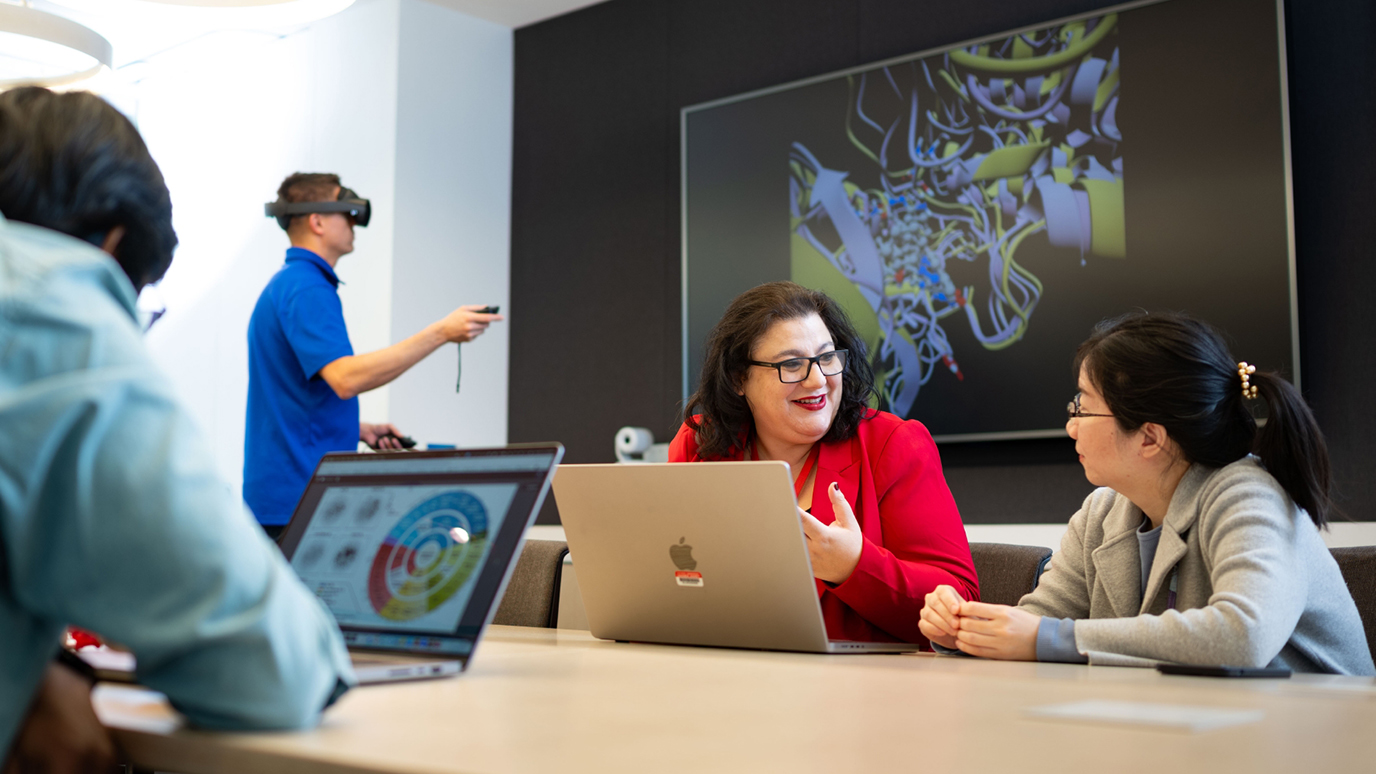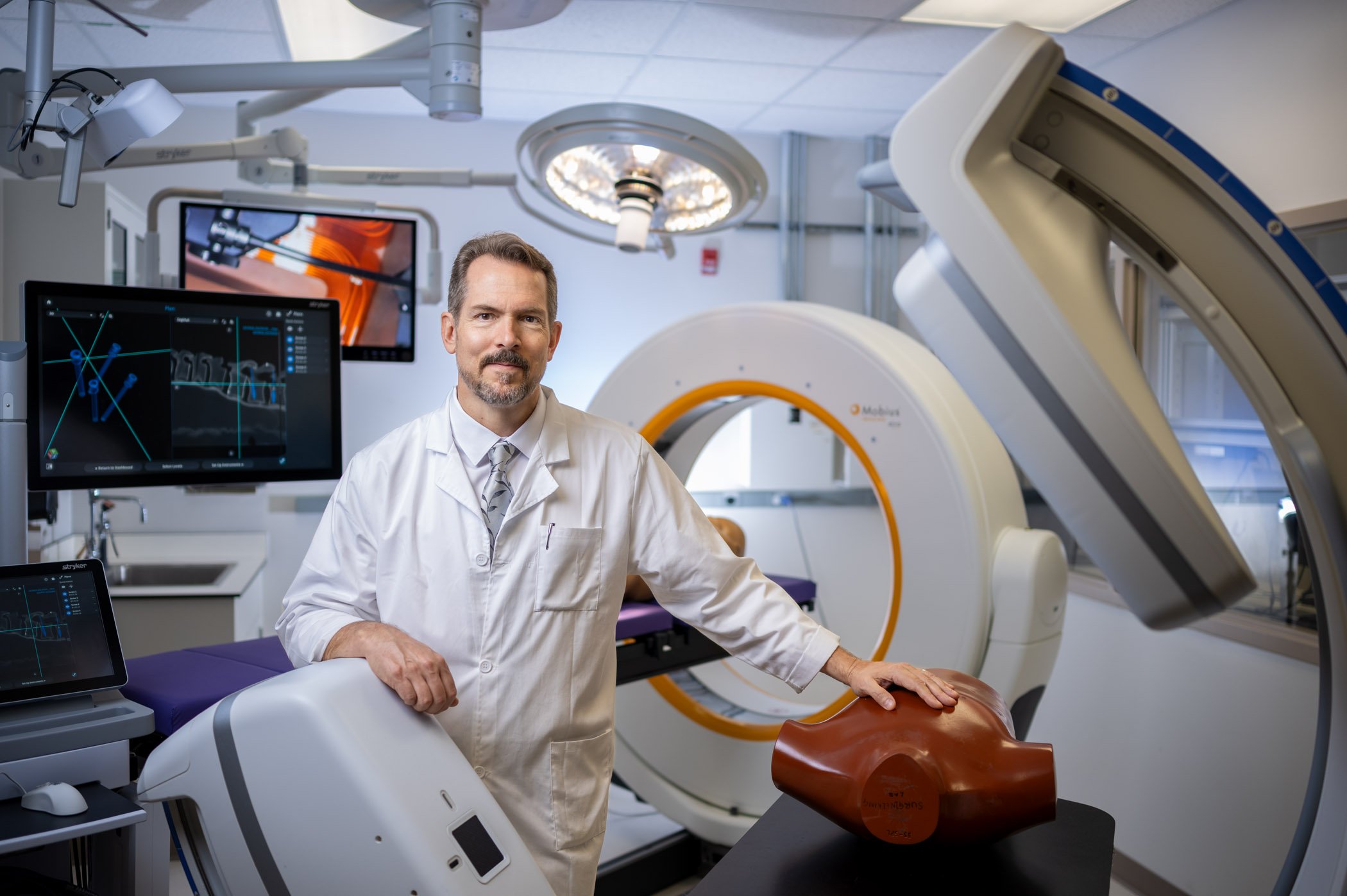- Diseases
- Acoustic Neuroma (14)
- Adrenal Gland Tumor (24)
- Anal Cancer (68)
- Anemia (2)
- Appendix Cancer (16)
- Bile Duct Cancer (26)
- Bladder Cancer (72)
- Brain Metastases (28)
- Brain Tumor (232)
- Breast Cancer (714)
- Breast Implant-Associated Anaplastic Large Cell Lymphoma (2)
- Cancer of Unknown Primary (4)
- Carcinoid Tumor (8)
- Cervical Cancer (158)
- Colon Cancer (166)
- Colorectal Cancer (116)
- Endocrine Tumor (4)
- Esophageal Cancer (44)
- Eye Cancer (36)
- Fallopian Tube Cancer (8)
- Germ Cell Tumor (4)
- Gestational Trophoblastic Disease (2)
- Head and Neck Cancer (12)
- Kidney Cancer (128)
- Leukemia (342)
- Liver Cancer (50)
- Lung Cancer (286)
- Lymphoma (278)
- Mesothelioma (14)
- Metastasis (30)
- Multiple Myeloma (100)
- Myelodysplastic Syndrome (60)
- Myeloproliferative Neoplasm (4)
- Neuroendocrine Tumors (16)
- Oral Cancer (100)
- Ovarian Cancer (172)
- Pancreatic Cancer (160)
- Parathyroid Disease (2)
- Penile Cancer (14)
- Pituitary Tumor (6)
- Prostate Cancer (146)
- Rectal Cancer (58)
- Renal Medullary Carcinoma (6)
- Salivary Gland Cancer (14)
- Sarcoma (238)
- Skin Cancer (296)
- Skull Base Tumors (56)
- Spinal Tumor (12)
- Stomach Cancer (64)
- Testicular Cancer (28)
- Throat Cancer (92)
- Thymoma (6)
- Thyroid Cancer (96)
- Tonsil Cancer (30)
- Uterine Cancer (80)
- Vaginal Cancer (16)
- Vulvar Cancer (20)
- Cancer Topic
- Adolescent and Young Adult Cancer Issues (20)
- Advance Care Planning (10)
- Biostatistics (2)
- Blood Donation (18)
- Bone Health (8)
- COVID-19 (362)
- Cancer Recurrence (120)
- Childhood Cancer Issues (120)
- Clinical Trials (630)
- Complementary Integrative Medicine (22)
- Cytogenetics (2)
- DNA Methylation (4)
- Diagnosis (232)
- Epigenetics (6)
- Fertility (62)
- Follow-up Guidelines (2)
- Health Disparities (14)
- Hereditary Cancer Syndromes (126)
- Immunology (18)
- Li-Fraumeni Syndrome (8)
- Mental Health (116)
- Molecular Diagnostics (8)
- Pain Management (62)
- Palliative Care (8)
- Pathology (10)
- Physical Therapy (18)
- Pregnancy (18)
- Prevention (916)
- Research (392)
- Second Opinion (74)
- Sexuality (16)
- Side Effects (604)
- Sleep Disorders (10)
- Stem Cell Transplantation Cellular Therapy (216)
- Support (402)
- Survivorship (320)
- Symptoms (182)
- Treatment (1786)
Physician-scientist driven to improve treatment options for kidney and bladder cancer patients
2 minute read | Published January 06, 2023
Medically Reviewed | Last reviewed by an MD Anderson Cancer Center medical professional on January 06, 2023
Sangeeta Goswami, M.D., Ph.D., always has been a “people person.” Her love of her patients and her colleagues has fueled her work in both the clinic and the lab.
Goswami went to medical school in her home of Assam, located in the northeastern corner of India, because she wanted to serve people. As a medical student, she found it extremely fulfilling to treat patients, but she realized that treatment options were limited for many diseases.
“When I finished medical school, I felt like I had two choices: I could treat a lot of patients, or I could drive new options to treat patients and hopefully improve the standard of care,” she says. So, she came to the United States to pursue a Ph.D. and become a physician-scientist.
A career dedicated to finding new cancer treatments for patients
After completing a doctorate in immunology and an internal medicine residency, Goswami came to MD Anderson for a clinical fellowship. She was drawn to MD Anderson’s size and resources, which would enable her to help more patients and further her research.
“We’ve made tremendous progress in developing cancer treatments, but I want to make it better for every single one of my patients. I feel a sense of helplessness when I can’t do more for them,” says Goswami, who is now an assistant professor with her own lab at MD Anderson. “I want all of them to be cancer-free and to experience fewer side effects.”
Since coming to MD Anderson, Goswami has started two investigator-initiated clinical trials based on her research work initiated during her fellowship.
Mentoring the next generation of women in science and medicine
When she’s not in the research lab or seeing kidney and bladder cancer patients, Goswami can be found mentoring others. Inspired by her first mentor, her mother, Goswami has always been drawn to mentoring other women. “My career is shaped by outstanding women mentors, especially Dr. Padmanee Sharma, who took me under her wing when I joined MD Anderson,” she says.
“We need more women in science and medicine, and we really need more mentoring and encouragement. Becoming a physician-scientist takes many years of training, and you have to prove yourself again and again.”
For Goswami, mentoring others ties back to her patients. “You want to inspire the next generation because you can’t do it alone,” she says. “Oncology takes a village.”
Learn about research careers at MD Anderson.

I want to make it better for every single one of my patients.
Sangeeta Goswami, M.D., Ph.D.
Physician & Researcher





